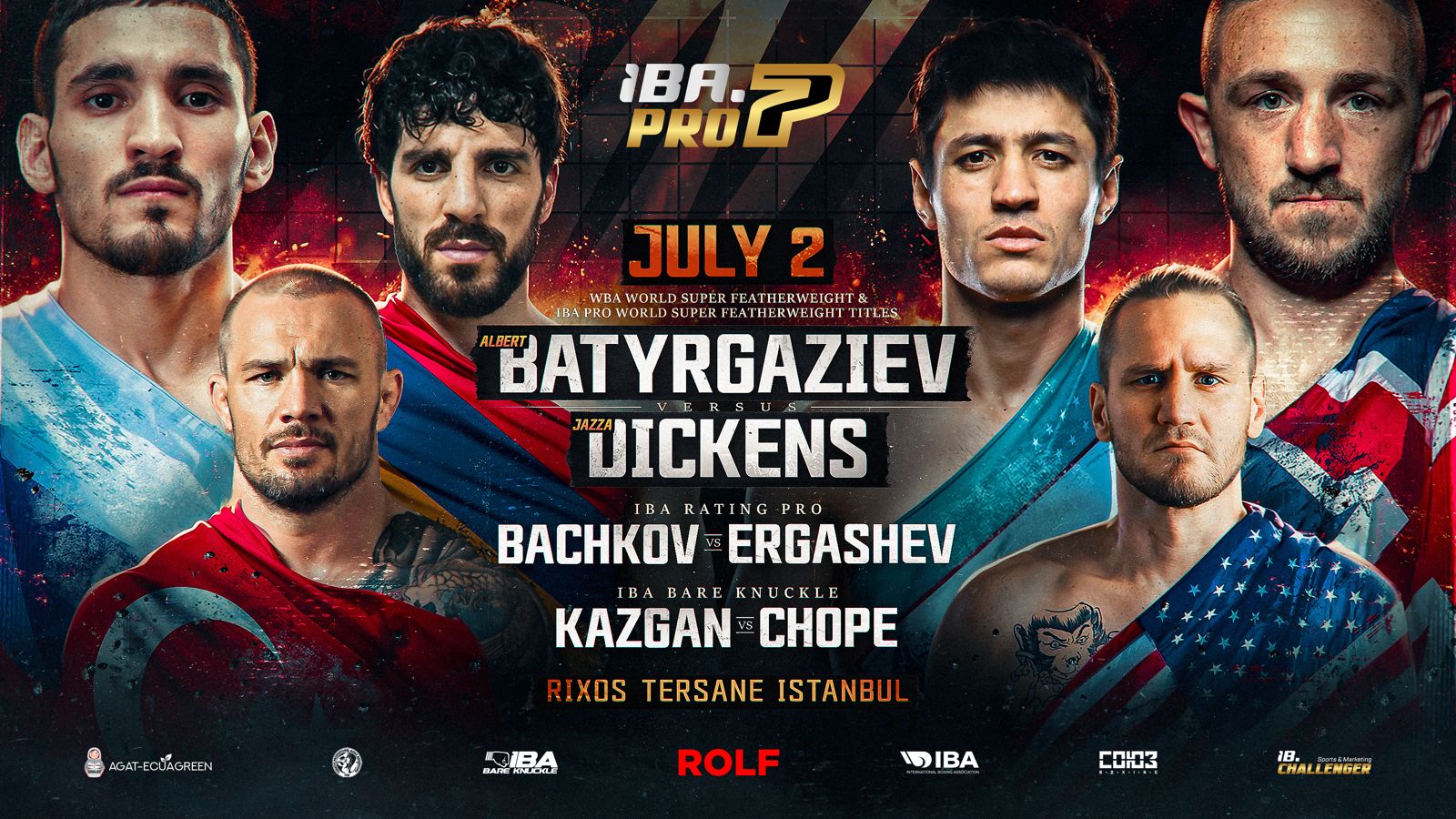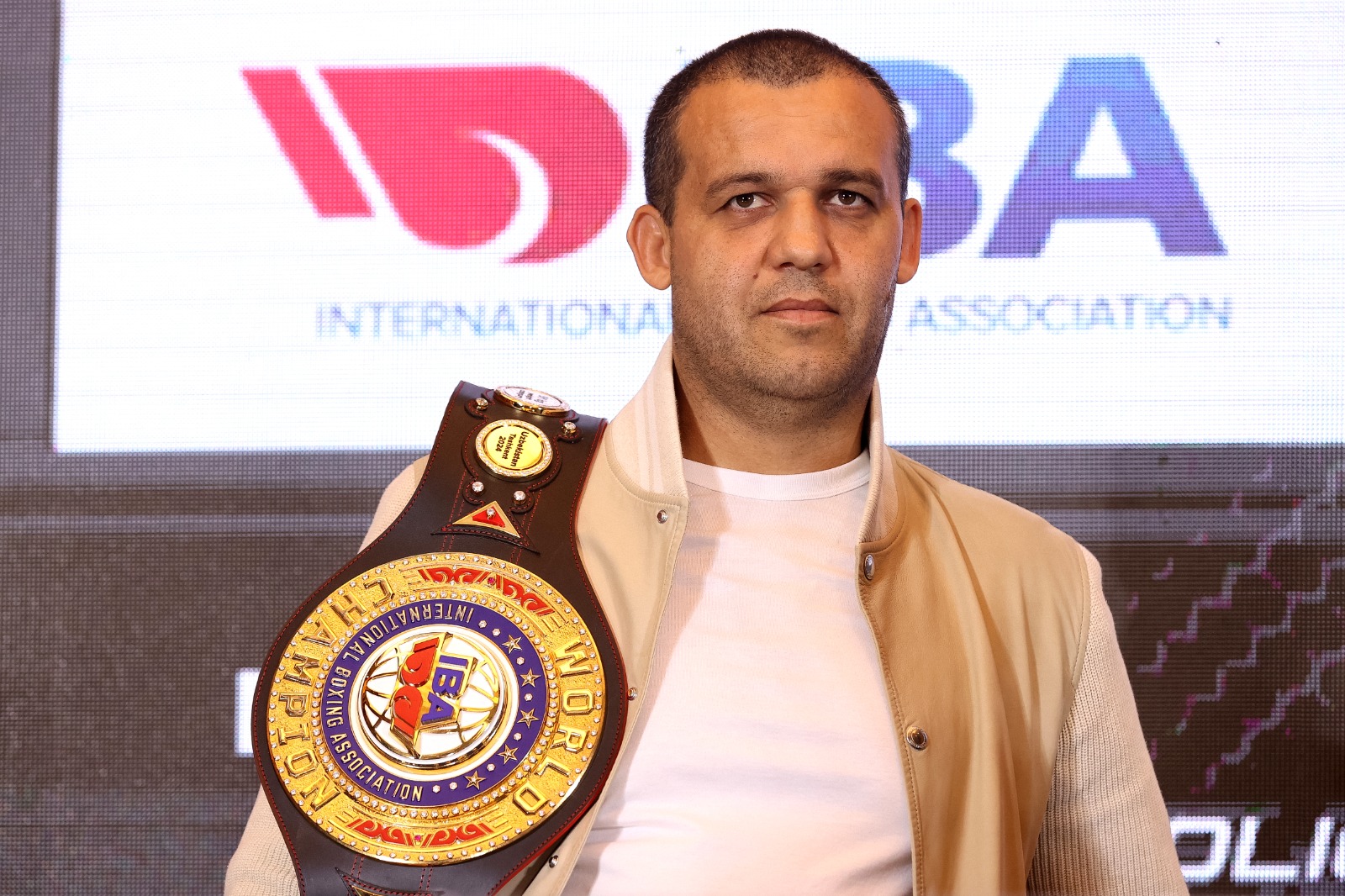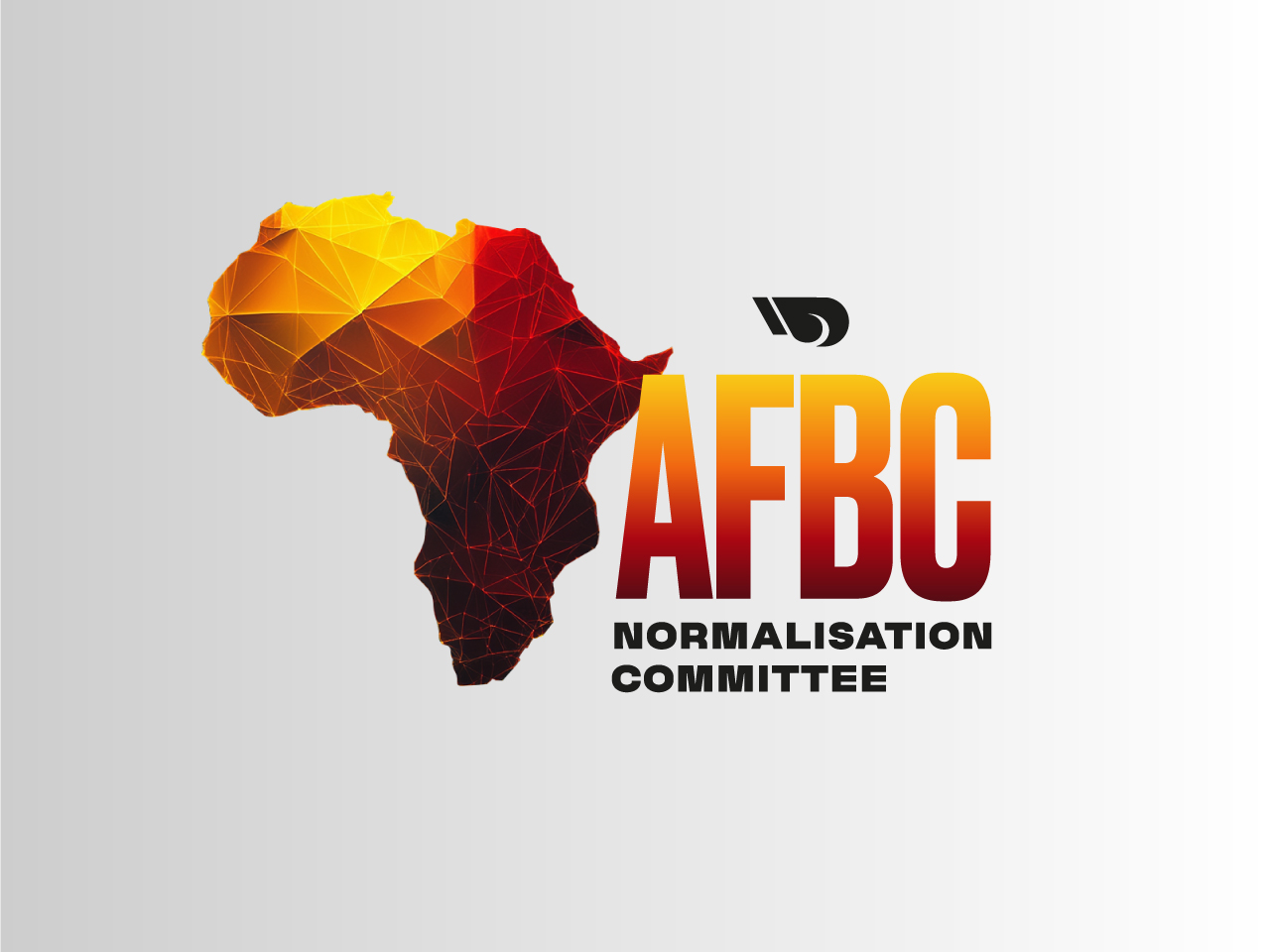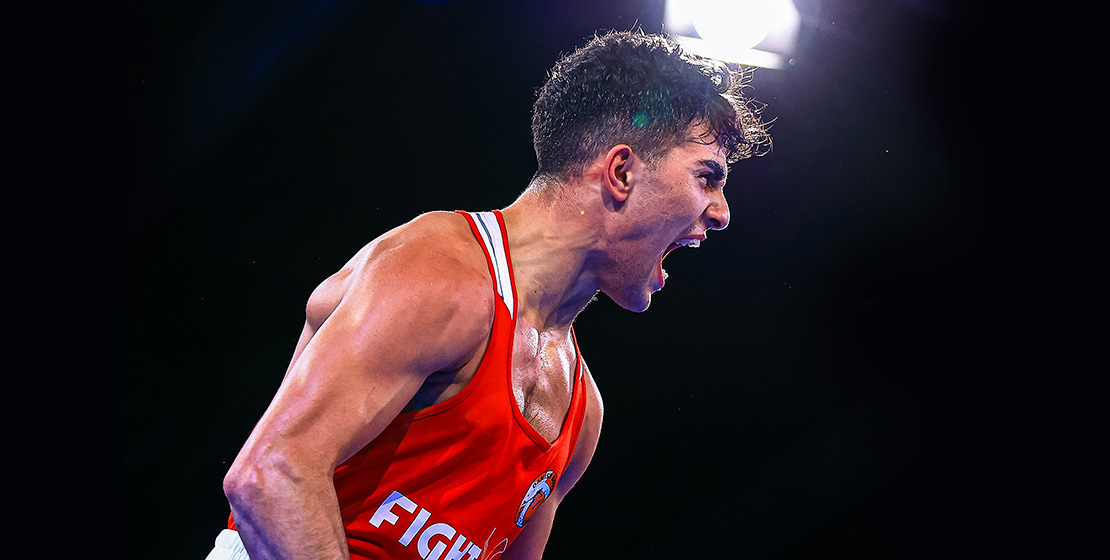Abner Teixeira: Sometimes my mom didn’t eat so I could eat
July 7th, 2022 / Interviews
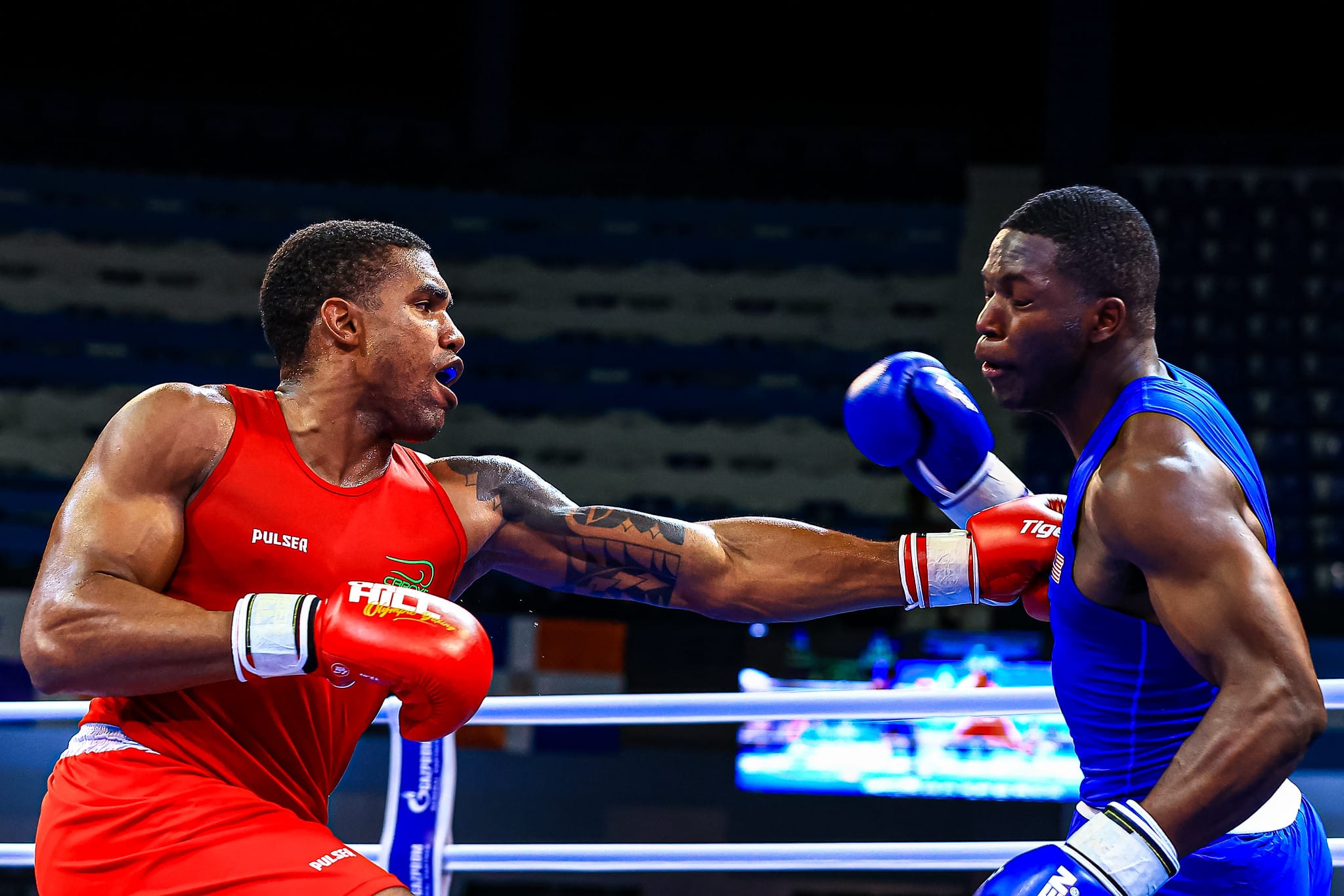
Abner Teixeira from Brazil shared his story, which started from a 6 km walk to the gym of his childhood and has taken him to being an elite boxer and IBA Athletes’ Committee representative on the IBA Board of Directors
Teixeira was born in Osasco, a municipality in São Paolo state. He comes from a poor family. His parents worked at a trade union, and young Abner thought to follow their path but then discovered boxing. He used to play football and basketball for fun after school but one day, when he was 13, he found a boxing programme.
‘I started training and I loved it. Back then I was very skinny, and the training just crushed me. I felt sore, and it took me two weeks to recover. But when I came back, I said to myself that I would never stop again.’
EARLY CAREER
If you see Abner in real life, it’s really hard to believe he was once a skinny kid. A strongly-built and tall superheavyweight boxer now, he was only 60kg at the beginning of his career with the same height. Now his weight is around 105kg of solid power.
Abner kept training, and his coaches saw talent in the tall boy who trained with passion. His first coach, Vladimir Godoi, used to be a boxer himself, went through the national team and then had a pro career. He still is teaching kids in the São Paolo region.
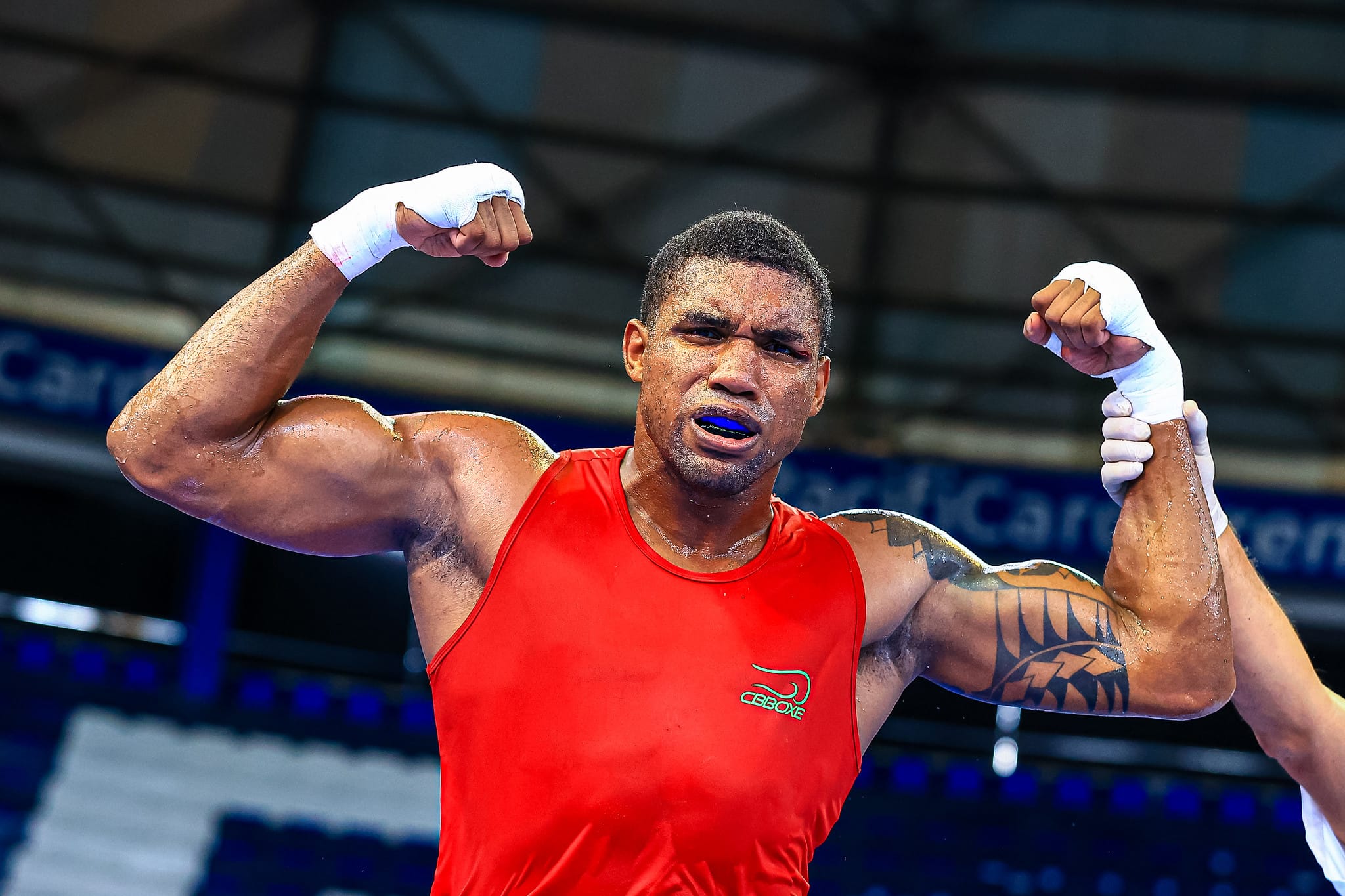
The programme called “Boxing – Hand to the future” led by Godoi was developed for children and is free of charge. Abner used to walk 6km one way to the gym, sometimes he ran because he didn’t have enough patience.
‘My family couldn’t pay for boxing classes at that time,’ confesses Teixeira. ‘Vladimir found a way to teach kids how to box, these classes were more for fun but there was a so-called second stage for those, who had talent and wanted to become high-performance athletes. That was a transition I made, and I understood that I belonged there.’
WORK TO SURVIVE
Despite his first local successes, the young Teixeira knew he also had to work to earn money for the family.
‘I couldn’t live off boxing, that’s very hard in my country. I think it’s tough everywhere but in Brazil in particular. I kept working and boxing together until I started earning little money from the sport.’
Teixeira used to do any work he could find. Kids are limited officially, so he helped at construction sites, painted houses, and worked in supermarkets.
One day being 16 years old, he stopped working and concentrated on boxing. ‘Now I could help my mom, my sister and nephews, just with boxing,’ he says.
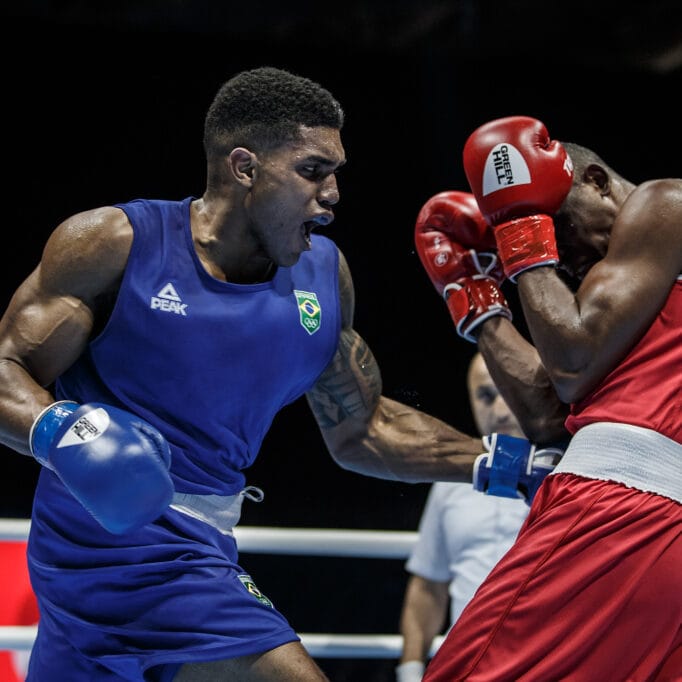
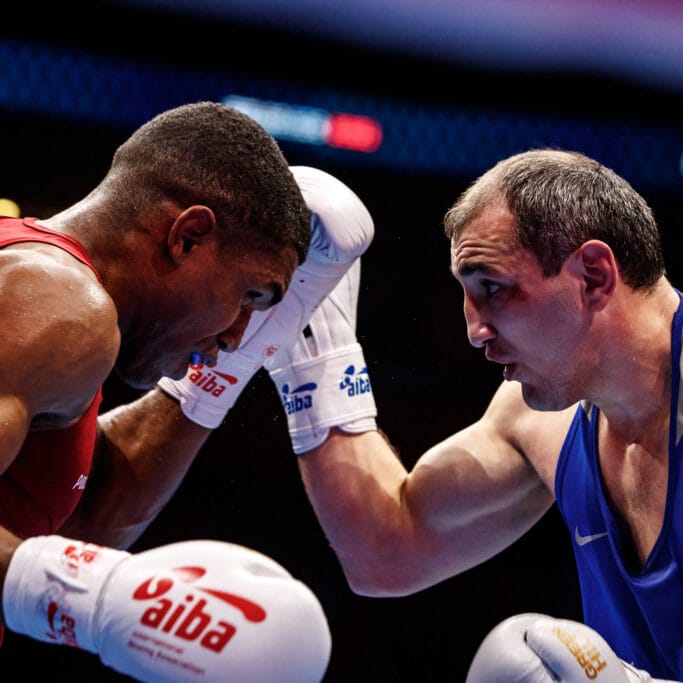
In the beginning, he didn’t have his own boxing gloves. ‘I used to share gloves with other guys. I remember the first thing I was able to buy myself, boxing shoes, because before I trained and performed in regular sports shoes. That day was very special, I became youth national champion in 2013, received my first salary and bought boxing shoes,’ Teixeira recalls.
Nevertheless, Teixeira didn’t consider his early life tough. He claimed he was too young to think about it, he had enough energy and everything was fun for him. He had a lot of friends in the gym.
‘I was among the first ones who enrolled in this programme, there were 74 children with me, all teenagers. We were like one big family. Not many of us stayed in boxing and made a career, most of the guys don’t box anymore but we still keep in touch. Because we trained together every day and traveled to competitions together. We had a connection.’
The most important lesson Abner learned from Godoi is “never think you’ve made it”.
‘You should always strive for more. Every time you think that you’ve achieved something and you feel comfortable, you receive a punch. I learned how to leverage this. You need to always keep pushing.’
Tokyo experience
He was a bronze medalist at the Tokyo 2020 Games losing in the semi-final to Julio La Cruz from Cuba. After the bout, Abner told the media emotionally that this medal wouldn’t change his life.
‘I said it but in fact, it did change my life. I have a much greater responsibility now as a role model. I am not anymore a guy who enters a ring from time to time, but a lot of people follow me on social media, they look at me. I had to be very conscious of what I do, and how I behave. I have to become a better person from day to day.’
He remembers no pressure in Tokyo, despite it might well be a lifetime opportunity.
‘Before the Games, I had this thought that it’s going to be hard, I made a big monster out of this. Once we arrived in Japan, we all were in good spirits, our team was very aligned. We were having fun in Tokyo, really. I think this caused our good results, as we didn’t have any pressure. It was a very unique experience that I will never forget. Now I want more in 2024.’
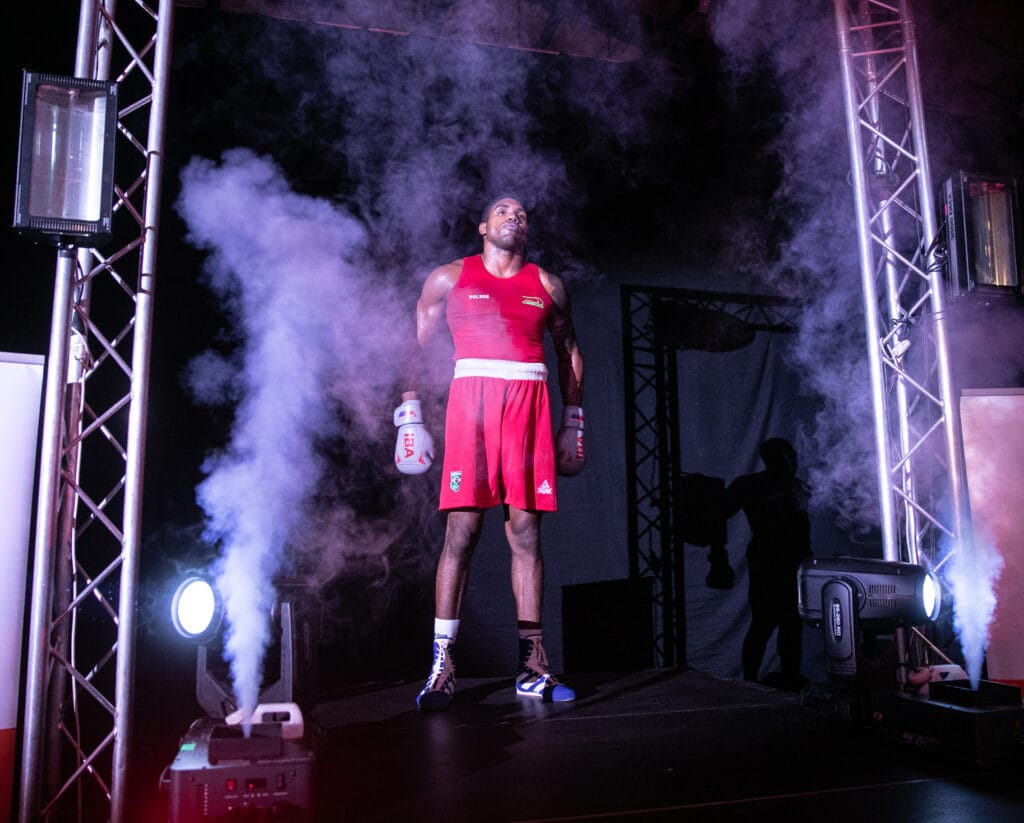
His “very tough fight” was at the Olympic semi-finals, and his strongest rival was La Cruz.
‘He is a very experienced fighter. I prepared well for his unique boxing style, I was ready to “dance” in the ring but he used totally different tactics. He stayed in front of me with his hands up, he came forward. That surprised us a lot, and this unexpected strategy gave him an advantage. I learned a lot of things from this fight. I always learn more from losses, however much I hate to lose.’
Teixeira believes that a boxer should be ready for everything in the ring to avoid such situations: ‘You have to have not only plan A and plan B but the whole alphabet.’
He was definitely upset after the loss at the Olympics, as the athletes “don’t train for bronze or silver but for gold.”
‘However, later I realised that I could do great things being an Olympic medalist. The impact of this medal is crucial, it could help every Brazilian guy, who dreams to become a champion.’
GIVE BACK TO FAMILY
Teixeira’s dream was to build a house. Not for himself, however, but for his mother Isabela.
‘This is happening right now, the house is being built. My mom will move in very soon. I feel amazing about that because my mother gave everything to me. Sometimes she didn’t eat so I could eat. This is a small thing I could do for her to give her back. She’s never had her own house.’
Isabela has always supported her son. ‘She’s my number one fan,’ claimes Abner. ‘She has never watched any single fight with me. She’s very nervous, she can’t really watch it but the TV is always on, and when the bell rings, she comes back to the room to see if I am doing well. Then she gets out again. My mom always cheered for me, she always backed me up. I have to do something for her now.’
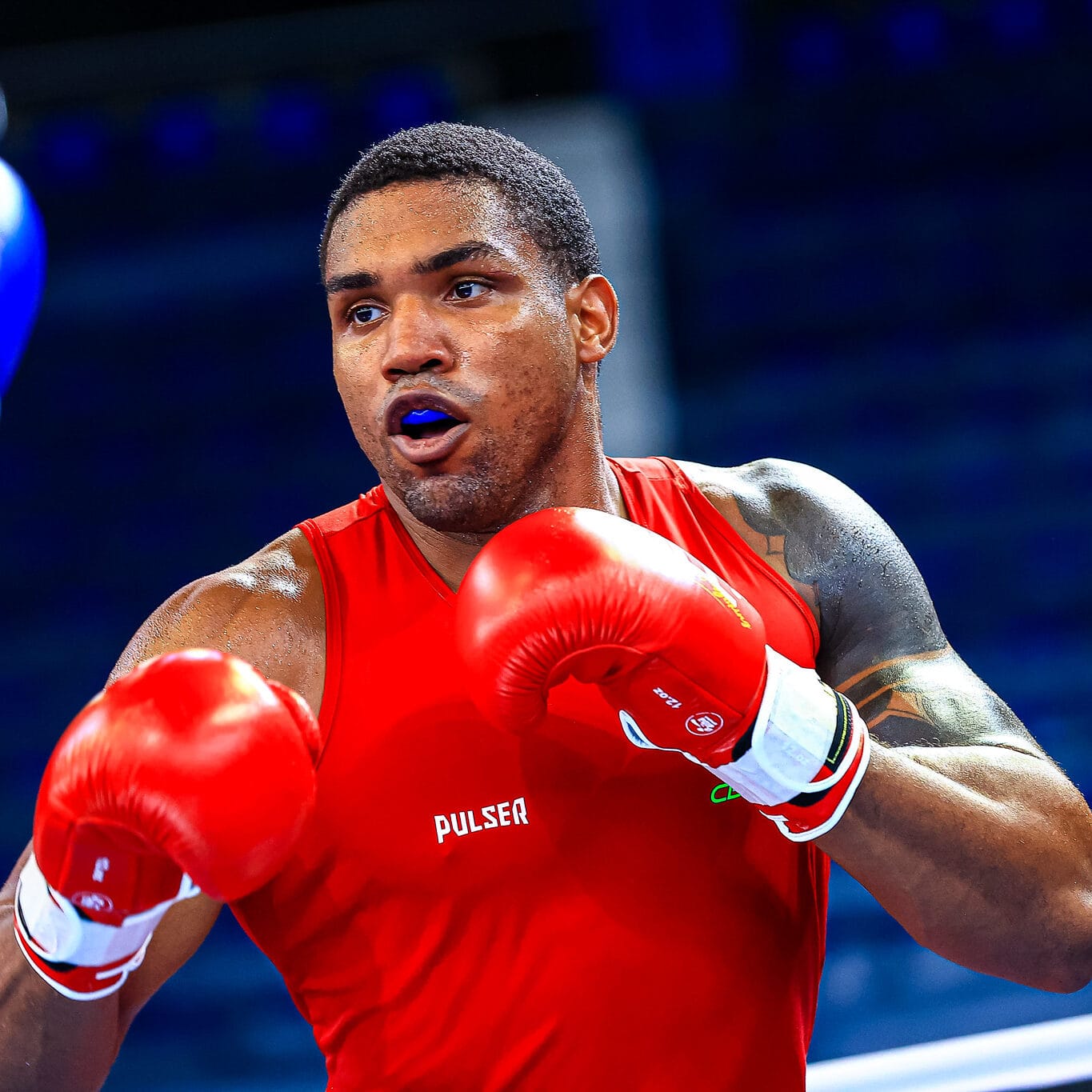
His father was always a role model for Abner. ‘He is a big, strong man. I’ve always wanted to be like him, and do things in life as he does. He’s my superhero.’
Next Goals
‘I have two big goals ahead of me to accomplish – titles of World Champion and Olympic Champion. That’s my focus right now. I am very excited, I switched to a new weight category, super heavyweight, everything will be different from now on.’
One punch in super heavyweight might change everything but Teixeira is happy to be in the most spectacular weight class. ‘I have 12 out of 12 wins in a row. I am looking forward to continuing my campaign.’
There are plenty of strong athletes in super heavy, to keep winning Abner has to study them all. ‘I always do my homework, watch a lot of fights.’
He has more than 10 years of experience in boxing being only 25. ‘My main ritual is hard work. I also pray before each fight when I get into the ring and before the referee comes to check gloves.’
During the preparations, Abner and his team have a tough schedule, 11 sessions per week, two per day on the weekdays, and one sparring session on Saturday. ‘Whatever the program for the day is, we also box. Our coach Mateus Alves knows us very well, he plans sessions specifically for each athlete. You can’t train everybody the same way, we are all different.’
The team lives together all year round in São Paolo. ‘The whole team is almost 40 boxers, we travel, live, eat, train together. We are comfortable with each other, we are family. We are always here for each other.’
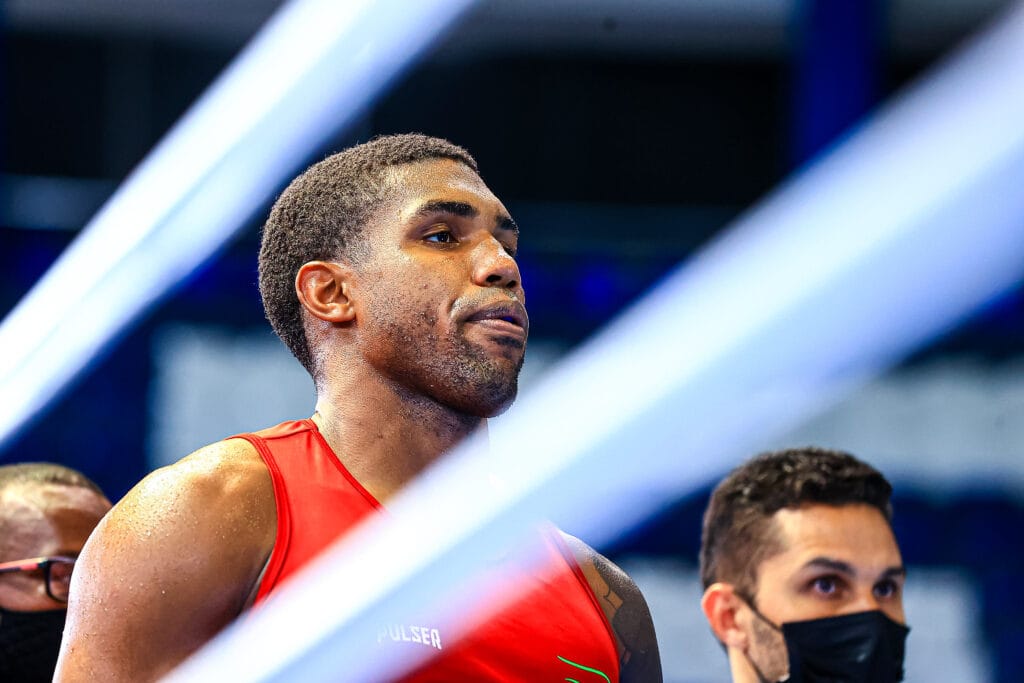
IBA Board
This May, Abner Teixeira became an Athletes’ Committee member, later he was elected to serve on the Board of Directors.
‘It is very important for Brazil. I am a member of the Athletes’ Committee in my country, and I used to solve boxers’ problems. But this is another scale, now I represent not my country or American Boxing Confederation but the whole world. I feel I need to do something good for my sport that gives me a lot. I didn’t think I could be elected to serve on the Board but now I am very happy they trusted me.’
According to Abner, this trust “means something”: ‘I am going to keep on this path. I hope I can be a good voice for athletes around the world, it’s a huge responsibility. I know a lot from my own experience but I will get boxers’ feedback every time when it’s possible to understand what they need.’
‘My first Board of Directors meeting was very fruitful. I had a chance to look into other eyes, to understand how IBA works. This was eye-opening! I was happy to meet President, and listen to what he thought. I also made a few points in the meeting.’
‘Before we, athletes, used to discuss issues between us but it didn’t get further. Now we have a chance to be heard, and it’s very nice to know that the President, the Directors and the administration ask boxers’ opinion.’
Teixeira told he has plenty of ideas. ‘We have to discuss everything inside the IBA Athletes’ Committee and come up with our proposals. Now there is a strong relationship between the management and athletes, it will make our sport better.’
He believes that with modern technologies it won’t be that complicated to combine his boxing career and Board member duties. ‘I am super motivated to be involved as much as possible.’


